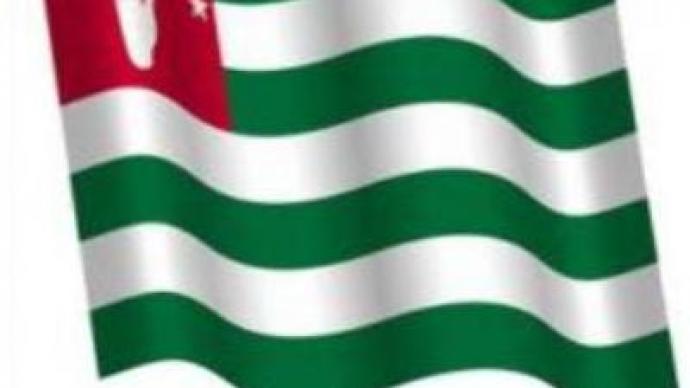UN mission to Abhazia to stay

The United Nations Security Council has adopted a resolution to extend a UN mission in the border region between Georgia and the breakaway republic of Abkhazia. Both Georgia and Russia are hopeful this helps retain peace.
UN observers have been in the area since a cease-fire was brokered in early 1990s after Abkhazia declared independence from Georgia. Since then the de-facto border between Georgia and Abkhazia has been the scene of often violent incursions by both sides of the divide. Now the Security Council sees no option but retain its small military presence in the region for another six months. Over the last decade a number of UN resolutions have been imposed to keep peace in this de-facto border between Abkhazia and Georgia. Resolution 1716, adopted last year, calls for military presence in the Gorge to be stepped down and for the thousands displaced by fighting to return home. But over the years both sides have drawn their own conclusion over what ceasefire means. Abkhaz authorities claim Georgia's presence is expanding while last month helicopter missiles slammed into Georgian positions. The weapons, Georgia says, were fired by separatists, but supplied by Russia. Security Council members are expected to be impartial – something Georgia's ambassador was calling Russia to answer for. “First of all, I think that it is very strange for the Russian Federation to push for bringing the separatist regime leader to the Security Council,” Irakly Aladania, Georgian Ambassador to UN, said, “It should never be allowed for a separatist regime leader to be at the Council. Secondly. It is strange Russia has associated itself with such a separatist regime”. On Tuesday, Russia's UN ambassador criticised the Security Council for not being fair. Vitaly Churkin insisted that Abkhazia's Foreign Minister, Sergey Shamba, had been deliberately refused a visa. This fact is strongly denied by U.S. officials. It was left to Russia to deliver a message on Abkhazia's behalf. “When the Georgians together with the United States blocked the visa for Mr Shamba to come to New York they put us in a situation where we had to do certain things,” Mr Churkin stated, “For example, like circulating a letter from Mr Shamba if things were happening normally”. Despite continued wrangling over whether a country that does not officially exist, be allowed to address the UN Security Council, both Georgian and Russian representatives are hopeful that the renewal of the resolution promises mean a renewed effort to retain peace. “It is important that the UN mandate in the Republic of Abkhazia has been extended for another six months,” Vitaly Churkin said, “But it is even more important that the resolution does contain a number of provisions of principle: the appeal to the Georgian side that in these activities in the upper Kodori valley they must comply with the Moscow agreements of 1994; re-emphasise the importance of the stabilizing role of CIS peace-keepers present in the area of the conflict, of their joint operation and co-operation with the UN monitoring presence there; call on the two sides to provide further support for the Russian peace-keepers and UN presence there, and a number of other provisions which are a very useful reminder to the sides of in what directions they should go, and we hope it will contribute to ending a stalemate in the current political process between Georgia and Abkhazia”.Meanwhile, the Foreign Minister of Abkhazia, Sergey Shamba, has said the authorities in the break-away republic are happy with a UN resolution to extend their mission along the border with Georgia.“The resolution, as usual, reflects the main points that I am not going to dispute right now, as they are merely recommendations. The chief points that have been in the spotlight recently are the situation around the Kodori gorge and demands that Georgia observes the earlier agreements, particularly the Moscow Agreement, as well as the status of the International Peacekeeping Force. We are happy with the way these points are presented in the resolution,” Mr Shamba noted.
You can share this story on social media:












